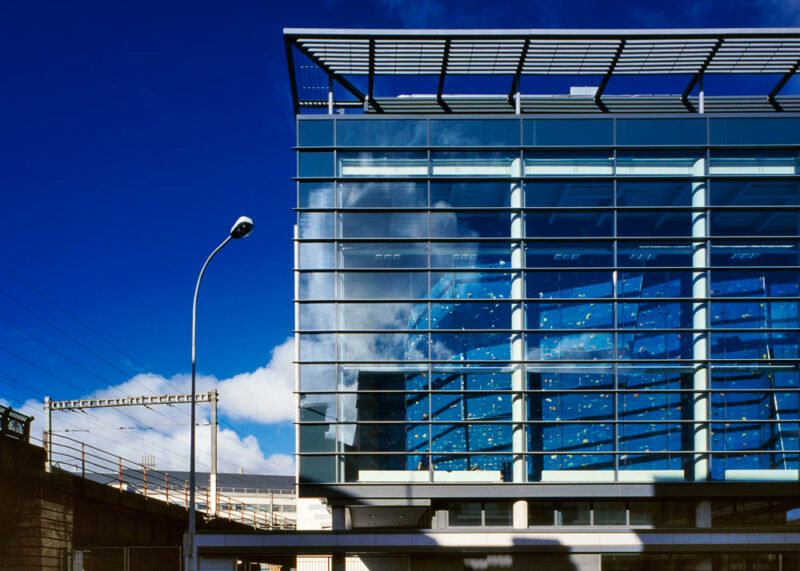Carl Kinsella | Sports Editor
Smaller sports clubs, as well as regular gym users, in Trinity expect to feel the burden of the likely introduction of additional fees for Sports Centre users. Students of Trinity voted against a mandate for the SU to lobby for an increase in the student contribution towards to the Sports Centre in February’s referendum.
The referendum gave students the options to mandate the SU to lobby for increases in the student contribution, to €120 or €160 per annum. This would have kept the Sports Centre open to students of the college during peak times at no additional charge, as well as helped to finance improved provisions for five-a-side football, a new fitness theatre space and improved development programmes for Trinity Sports Scholarships.
However, students chose to maintain the status quo – a charge of €90 euro, paid alongside tuition fees at the beginning of Michaelmas term. 4708 cast their vote in the matter, with 57% of the electorate defeating the proposal that TCDSU would ‘support an increase in the existing Annual Sports Centre Charge’.
Unlike the other often-used facilities provided for students by Trinity College and partly financed by student fees (such as the CSC, or the Library), the Sports Centre appears as a separate charge on the College’s Finances form, which must be submitted by every student as part of the annual registration processes. This has led some students to conclude that the Sports Centre is being unfairly neglected as a result of its separation from the ‘Student Contribution Fee’. While other College services can be improved as the Student Contribution Fee increases year-on-year, the Sports Centre has begun to rely on external, non-student membership.
As a result of the increase in non-student membership, the facilities of Sports Centre (which includes Trinity’s gym) are becoming increasingly unavailable to students. The solution suggested by the Department of Sport will involve students who have already paid the €90 euro Sports Centre Charge paying additional fees upon entry to the Sports Centre during peak times, or buying a membership. Even for those willing to pay additional fees to use the gym, the equipment and facilities inside are likely to be far harder to access. While this is a hindrance to students, it could be fatal for some of Trinity’s smaller Sports Clubs, who rely on the Sports Centre to train several times a weak peak times. Paying fees for a large group of students twice or three times a week could prove to be impossible for certain clubs.
Paul Scully, captain of Trinity’s thriving Trampoline Club, has said that his club (which trains three times a week during the proposed ‘peak times’) will not be able to maintain the membership it has or attract new members if membership will involve paying a fee three times a week. Scully lay the blame for the result of the referendum at the feet of the SU for timing the referendum to coincide with the furore of Sabbatical Officer elections, describing the move as ‘unjust’. Scully also deemed the wording of the referendum to be ‘misleading’, or at least obfuscatory, saying ‘Who could blame students, most of whom were uninformed, to oppose the further raising of fees?’.
Frequent users of the gym have been similarly critical of the proposed pay-per-visit model, likening the Sports Centre to the Student Counselling Service. Gym user Elizabeth Mohen argued that “a student dealing with an eating disorder or depression who had to pay per visit to get help would be less likely to do so” and that students are “unlikely” to pay extra to use the gym in their free hours between lectures. Much like the counselling service, exercise is a crucial element of preserving one’s physical and mental health, and Mohen feels that the college has an obligation to provide inexpensive exercise facilities for its students.







